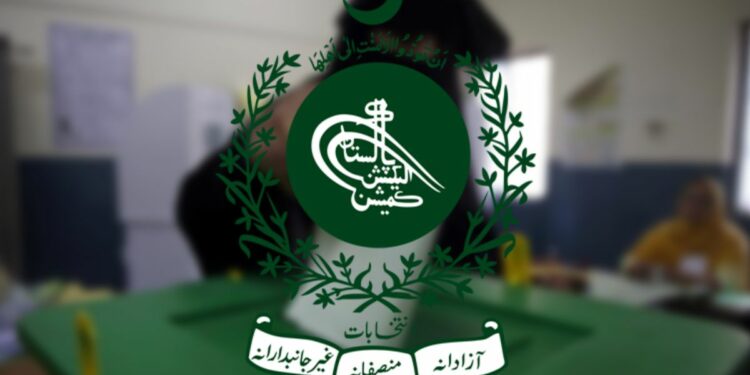Amidst the looming specter of terrorism and a backdrop of societal polarization, Pakistan is gearing up for a crucial general election this Thursday. The nation, with a population of approximately 250 million people, is grappling with the challenges of rising security threats and an economic downturn that ranks as the worst in decades.
Election Dynamics
As the political landscape intensifies, leading parties are resorting to desperate tactics to sway voters in an environment where uncertainty prevails. The electorate, numbering 128 million registered voters, faces a complex decision-making process, amplified by concerns of unfair play in the electoral arena.
Pakistan Elections in Numbers
- Registered Voters: 128 million
- Age Demographics: 44% are younger than 35
- Gender Distribution: 69 million male voters, 59 million female voters
- National Assembly Candidates: 5121
- Political Parties: 167
- Polling Stations: Over 90,000
Key Political Players
Several political entities vie for the public’s mandate, each presenting its vision for the nation:
- Pakistan Muslim League-Nawaz (PMLN): A prominent political force with a significant presence.
- PTI Affiliates: Aligned with the Pakistan Tehreek-e-Insaf (PTI), a party led by Imran Khan.
- Pakistan People’s Party (PPP): A longstanding political entity with a considerable following.
- Awami National Party (ANP): Representing interests across various provinces.
- Muttahida Qaumi Movement Pakistan (MQM-P): Focused on urban centers, particularly Karachi.
- Jamaat-e-Islami (JI): An Islamist political group with a distinct ideology.
- Jamiat-e-Ulema Islam (JUI-F): Advocating for Islamic principles in governance.
- Pakhtunkhwa Milli Awami Party (PkMAP): Focused on the interests of the Pashtun population.
- Balochistan Awami Party (BAP): Addressing issues pertinent to the Balochistan region.
- Awami Workers Party (AWP): Representing the interests of workers and marginalized communities.
- Haqooq-e-Khalq Party (HKP): Advocating for the rights of the people.
- Istehkam-e-Pakistan Party (IPP): Striving for the stability and progress of Pakistan.
Independent Contenders
Additionally, a significant number of independent candidates contribute to the electoral landscape, reflecting the diversity of voices seeking representation.
In the midst of these dynamics, Pakistan stands at a critical juncture, with citizens poised to cast their votes against a backdrop of complex challenges and competing visions for the nation’s future. As the election unfolds, the world watches, and the impact of this democratic process will undoubtedly shape the trajectory of Pakistan’s political landscape.






